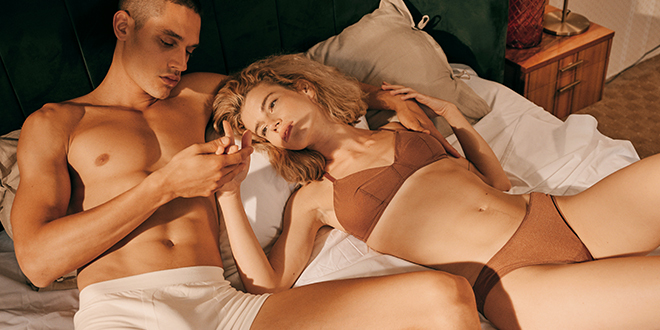As we come out of the other side of this year’s Sexual Health Week, we reflect and consider what has been achieved in the step towards developing a more sex positive culture and society, and this year it was so needed; the theme being Relationships, Sex & Disability.

There are so many misconceptions about sexuality and disability, namely the first being that one takes away the other. The common theme in the message that those with disabilities are trying to educate others with, is that disability does not mean asexual . Sexuality is a part of being human, and everyone has the rights to take control of their own sexual and relationship wellbeing, and to enjoy, explore and be educated, and to educate. Pleasure is at the root of sex, and for many, it is about exploring and discovering how that pleasure can best be achieved for them as an individual or couple.
In the press release about Sexual Health Week 2019, Sexual Health charity Brook stated that:
Young people with a learning disability are being denied sex-positive relationships and sex education due to societal stigma
- 80% of professionals delivering sex education to young people with a learning disability struggle to find accessible resources
- 80% are unable to find relatable images
- 54% cannot access training to help with sex education
- 36% say that sex education is not prioritised in their school “
Now one of the key barriers to change, as we know with sex as a topic in general, is lack of visibility and lack of conversation. If we don’t hear about and we don’t see a subject in accessible and informative ways, then we can’t even start to create a shift. What we are aiming for is to be sex-positive and sex-inclusive. With more information and better education, everyone can make more informed choices and decisions about their sex lives and relationships.
When it comes to everything else in life, we all have different likes, dislikes, preferences, strengths and limitations. How we experience an identical situation will be unique for each person. Why can’t we approach sex with the same open mindedness?
Exploring touch all over the body, different textures, speeds, places and body parts, and sensations plays a key role in building arousal and desire . There is no rulebook about where and how that has to happen, as long as it is done with enthusiastic consent.
These are the pillars of inclusive sex education, for everybody. The word says it all,
Every Body.
The post The Lessons We Should Take From Sexual Health Week 2019 appeared first on Volonté .
Intimate Tickles found this article quite interested, and we thought you might to. We give all the credit for this article to Kate Moyle. Click Here To Read This Article From It's Original Source